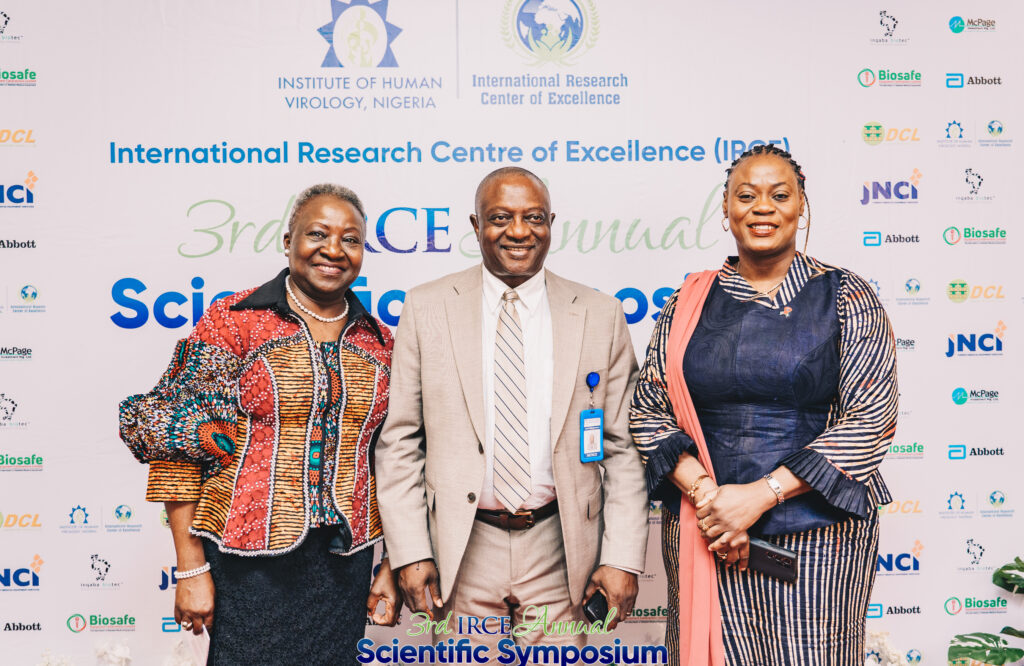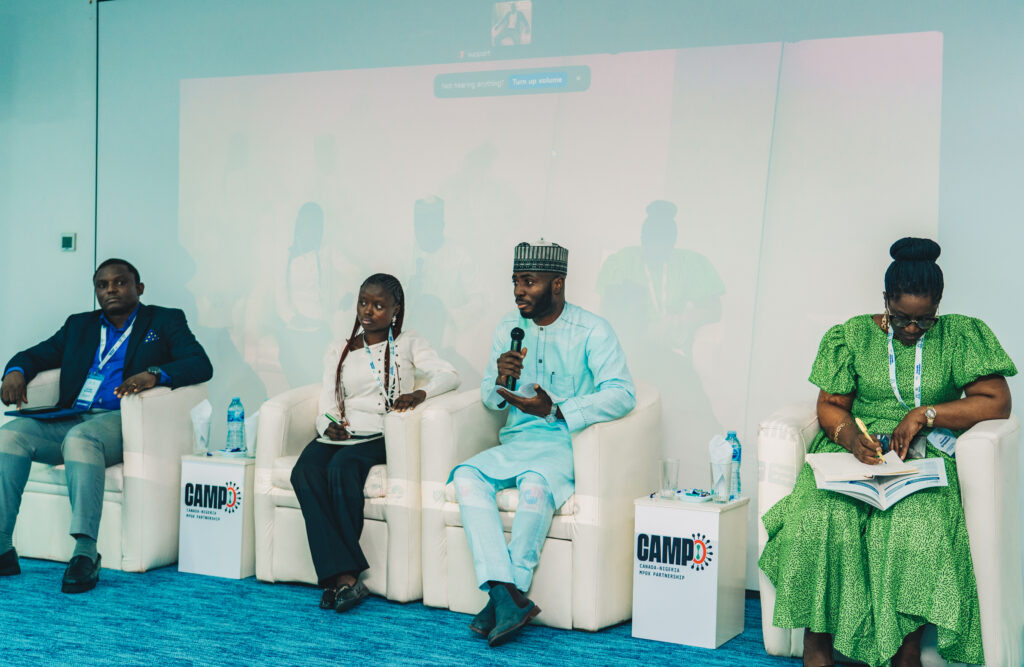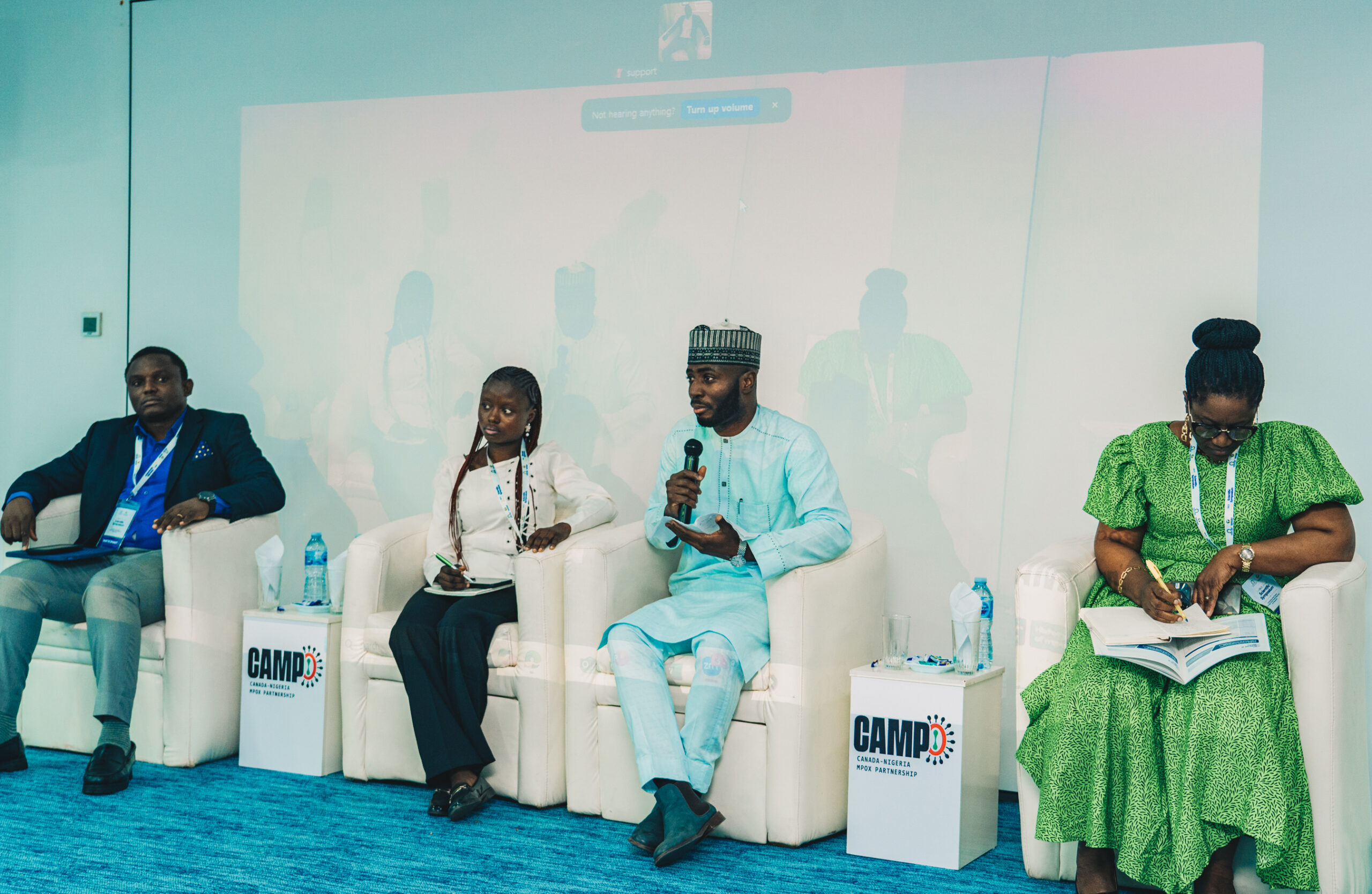The International Research Centre of Excellence (IRCE) at the Institute of Human Virology Nigeria (IHVN) has hosted its 3rd Annual Scientific Symposium, convening leading health experts, policymakers, and development partners from across Nigeria and abroad to discuss strategies for strengthening the country’s epidemic preparedness.
The 2025 symposium, themed “Combating Viral Threats through Public Health Response and Research,” served as a high-level platform to assess Nigeria’s readiness to tackle recurring viral outbreaks and other public health emergencies.
A report presented during the meeting, based on the INFORM Index for Risk Management, ranked Nigeria 12th globally for epidemic risk classifying the country as high-risk due to weak health systems, inadequate surveillance, and delayed response mechanisms.
Executive Director of IRCE, Professor Alash’le Abimiku, stressed that research must be the cornerstone of Nigeria’s public health preparedness. She highlighted that while most major outbreaks in the country including COVID-19, Lassa fever, Marburg, and Dengue — are viral in nature, Nigeria has often failed to translate existing scientific knowledge into effective and sustained preventive action.
Citing findings from IRCE researchers, Professor Abimiku explained that early access to COVID-19 testing laboratories played a major role in shaping reported case numbers during the pandemic. States with nearby laboratories were able to conduct more tests, leading to disparities in prevalence data across regions.
“We must ask ourselves, have we sustained that capacity? Are we ready for the next outbreak?” she challenged.
Chief Executive Officer of IHVN, Dr. Patrick Dakum, emphasized the urgent need for stronger domestic financing for health research and epidemic preparedness.
“This symposium aims to sharpen Nigeria’s preparedness by identifying the most pressing viral threats and determining how limited resources should be allocated,” he said. “Local research is essential for tracking disease hotspots and adapting diagnostic tools to our unique realities.”
Also speaking at the event, Professor Michael Simidele Odimayo, Special Adviser on Health to the Ondo State Government, commended the progress recorded in Lassa fever surveillance and response in the state. He noted that strengthened surveillance systems, improved diagnostic capacity, and timely reporting have enhanced Ondo State’s ability to detect and manage cases more effectively.
“While we have made remarkable strides in Lassa fever surveillance and response, we must not relent,” Professor Odimayo stated. “Logistical gaps, misinformation, and delayed reporting at the community level still pose serious challenges. Addressing these requires sustained commitment, collaboration, and community trust.”
He added that current efforts in the state are focused on strengthening community education, improving health worker protection, and maintaining epidemic preparedness.
“Our goal is clear to build a resilient public health system that not only responds to outbreaks but prevents them,” he said. “By empowering communities with accurate information and ensuring health workers are well-equipped and protected, we can drastically reduce future outbreaks and fatalities.”
About 200 participants were at the symposium which featured sessions on viruses of pandemic and public health importance, surveillance, m-pox, hepatitis, dengue fever, data science and genomic tools. There were also presentations from early career investigators, panel discussions on vaccines and abstract poster presentations.
Since 2023, the annual symposium has served as a forum for researchers to explore critical themes such as “Expanding Partnerships to Sickle Cell Disease and Cancer Research” and “Addressing Local Health Challenges through Quality Research and Partnerships.” IRCE continues to play a pivotal role in advancing innovative research aimed at improving healthcare outcomes and strengthening research capacity among early-career Nigerian investigators.



